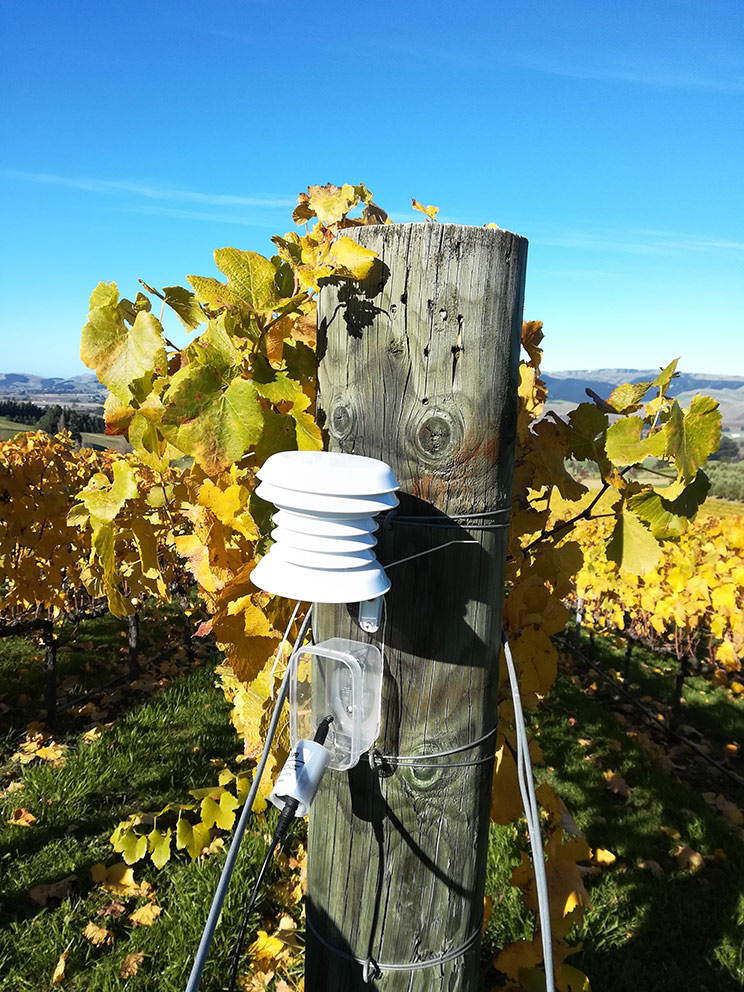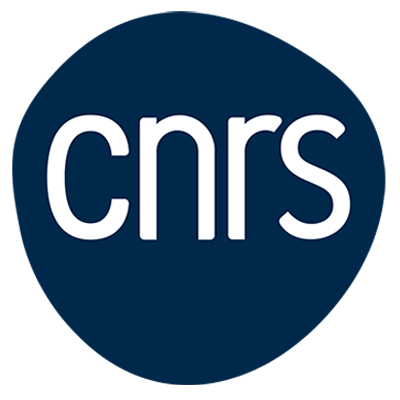IRP VINADAPT
French-New Zealander International Research Project in EnvironmentIRP VINADAPT
2019-2023
Contact:
Dr. Hervé Quénol
herve.quenol@univ-rennes2.fr
Pr. Peyman Zawar-Reza
peyman.zawar-reza@canterbury.ac.nz
IRP VINADAPT
News








Project LIFE – ADVICLIM : https://www.adviclim.eu/


Temperature sensor in Waipara vineyard (New Zealand)
INTRODUCTION
The IRP VINADAPT (International Research Project, High-resolution scenarios for adapting agrosystems to climate change: application to viticulture) managed by Dr. Hervé Quénol (CNRS, UMR6554 LETG, University of Rennes 2) in collaboration with the School of Earth and Environment (Prof. Peyman Zawar Reza) of University of Canterbury will be effective from 2019 to 2023.
MISSIONS AND RESEARCH THEMES
Global climate change affects regional climates and has implications for viticulture worldwide. Various studies have addressed the issue of the impact of climate change on viticulture in many wine-growing regions of the world, but few studies are devoted to the observation and simulation of climate and climate change at the vineyard level (local scale). However, variations in vine growth and differences in grape/wine quality are often observed over short distances in a wine-growing region and are linked to local characteristics (slope, soil…). The high spatial variability of climate caused by local factors is often of the same order or even higher than the temperature increase simulated by the different IPCC scenarios. The winegrowers can adapt to this spatial variability of the climate, notably through their cultivation practices. In the context of climate change, prior knowledge of the spatial variability of climate at fine scales is an asset for defining possibilities for adaptation to the temporal evolution of climate in the medium to longer term. This multidisciplinary and international project aims to produce fine-scale climate change adaptation scenarios by combining simulations of future climate (2031-2050 et 2081-2100) with vine growth models and viticultural practices. These scenarios will be constructed and applied in French and New Zealand wine-growing regions where the current and future impacts of climate change are expected to be rather different. This methodology, based on agroclimatic measurement and modelling and developed specifically in viticulture, aims to be applicable to different agro systems (e. fruticulture).
INSTITUTIONS AND LABORATORIES INVOLVED
France
- Dr Hervé Quénol (UMR 6554 LETG, CNRS-Université Rennes 2)
- Dr Benjamin Pohl (UMR 6282 Biogéoscience, CNRS-Université Bourgogne Franche Comté)
- Dr Nathalie Ollat (UMR 1287 EGFV, INRAE-Institut des Sciences de la Vigne et du Vin)
- Dr Iñaki Garcia de Cortazar-Atauri (US1116 AGROCLIM, INRAE)
New Zealand
- Dr Peyman Zawar Reza (School of Earth and Environment, College of Science, University of Canterbury)
- Dr Amber Parker (Department of Wine, Food and Molecular Biosciences, Dr. Amber Parker)
- Dr Damian Martin (New Zealand Institute for Plant & Food Research Ltd, Marlborough Research Centre)
- Tracy Benge (Bragato Research Institute, Marlborough Research Centre)

Frost and Bird Protection Systems in the vineyards of Marlborough (New Zealand)

Vineyards in the Waipara Valley (New Zealand)

Vineyards of the Marlborough Region (New Zealand)
Upcoming conferences:
- “International Terroir Congress” in Adelaide (https://terroircongress.org.au/)
- “Annual Conference of Meteorological Society” in Christchurch (https://www.metsoc.org.nz/metsoc-conference/).
